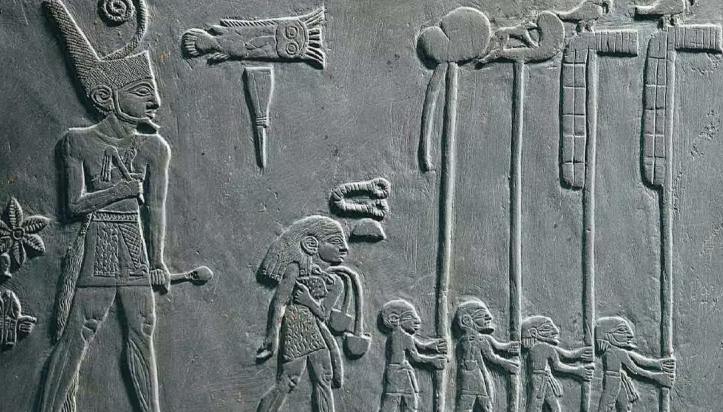Have you ever wondered what life was like beyond the shimmering gold masks and towering pyramids? Being the pharaoh of ancient Egypt was more than just ruling; it was about being a living god. From the moment they woke, pharaohs were surrounded by servants who cleaned, groomed, and dressed them, catering to their every need. Their day was a blend of divine ritual and statecraft, a constant performance to maintain cosmic order and earthly power.
Table of Contents
🏛️ A God in the Palace
Imagine a life where you’re never truly alone. A pharaoh’s day was filled with greeting ambassadors, reviewing massive building projects with royal officials, and strategizing with generals. If the burden became too heavy, duties could be delegated to their most trusted advisors, the viziers. However, it wasn’t all luxury. The pharaoh was also expected to be a fierce warrior, leading armies from the front to defend and expand Egypt’s borders. Image was everything; when dressed in royal regalia, it was believed the gods themselves were speaking through them.
🎉 Festivals and Family
A pharaoh’s reign was marked by grand celebrations. The coronation festivities lasted an entire year, and a special event called the Sed festival was held around their 30th year of rule to renew their spiritual and physical energy. To ensure the dynasty’s continuation, pharaohs had multiple wives, but only one held the title of ‘great wife’. It was her children who were first in line for the throne. Some rulers, like Ramesses II, were believed to have fathered more than 100 children, ensuring their bloodline was vast and powerful.
👑 Preparing for Eternity
Perhaps the most important task for any pharaoh was preparing for the afterlife. This meant commissioning a grand tomb, like the pyramids, designed to be their eternal resting place. They were revered as much in death as they were in life, and their bodies needed to be perfectly preserved through mummification. These monumental tombs weren’t just graves; they were gateways to the next world, filled with everything the pharaoh would need to continue their reign among the gods.
Bibliography:
BBC History Specials: Ancient World, 2025. Immediate Media Company London Limited, 2024.
- Curses: The History of the Evil Eye and Binding Magic
- Magical Plants: A Witch’s Garden of Herbs and Poisons
- Roman Magic: Curses, the Strix, and Everyday Protection
- Circe: The Greek Sorceress of Transformation and Myth
- Greek Magic: Hecate’s Power, Oracles, and Enchantresses
- Japanese Magic: Yōkai, Onmyōdō, and Supernatural Folklore
- Empress Chen Jiao: The Royal Scandal of Witchcraft in Han China
